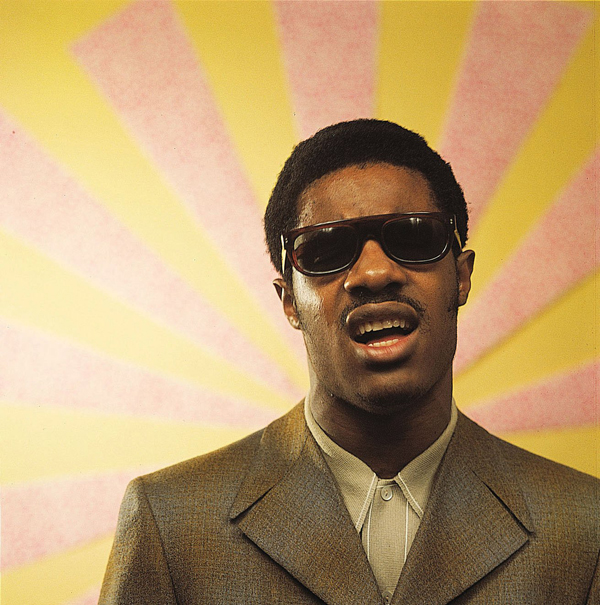Videos by American Songwriter
STEVIE WONDER
Innervisions
(MOTOWN)
With Talking Book, soul hit-machine Stevie Wonder created a modern album to be reckoned with: “You Are The Sunshine of My Life” and “Superstition” topped the r&b and pop charts, earning three Grammys in the process for the song cycle outlining his romance with singer/songwriter Syreeta Wright. But following Talking Boo’s success, Wonder took the socially conscious path—also being traveled by Marvin Gaye with What’s Going On and Gil-Scott Heron with The Revolution Will Not Be Televised—examining poverty, drug abuse, greed, political corruption and religious expansiveness from a very funky place.
With “Higher Ground”—the springing coiled groove of wah-wah guitar and synthesizer create a spring-loaded foundation, setting an urgent tone that was “Superstition”’s perfect follow-up—Wonder declared his maturity with an authority that staggered. Here Motown’s young musical genius commanded a groundbreaking funk to offer truths that had been previously the province of folk music.
The gospel-ish “He’s Misstra Know-It-All” skewers then-President Nixon. The Fender Rhodes and near-crooning vocals offer a lull to the acidic observations on this call to awareness for a group traditionally so busy struggling to get by, they could easily miss the betrayal of those leaders chosen to represent them.
Between the straightforward soul of “Too High” and the seven-minute-plus roiling r&b of “Living For The City,” Wonder threw up unflinching slices of how-it-is when the young get in over their head. The former an indictment of drug culture and its ravages, the latter of the whirling allure of the urban center, the message rides on some of the most engaging black music of the era—and the songs stand up in today’s world with every bit as much punch.
With the tropical undertow of “Don’t You Worry About A Thing,” Wonder offers comfort in the maelstrom, a song to bolster the masses being battered by the status quo, while “Golden Lady” is a silky ballad from Wonder’s deep romantic vault. A song cycle meant to endure, the work holds up by the sheer commitment of the performances and dead-on commentary that’s proven timeless.








Leave a Reply
Only members can comment. Become a member. Already a member? Log in.